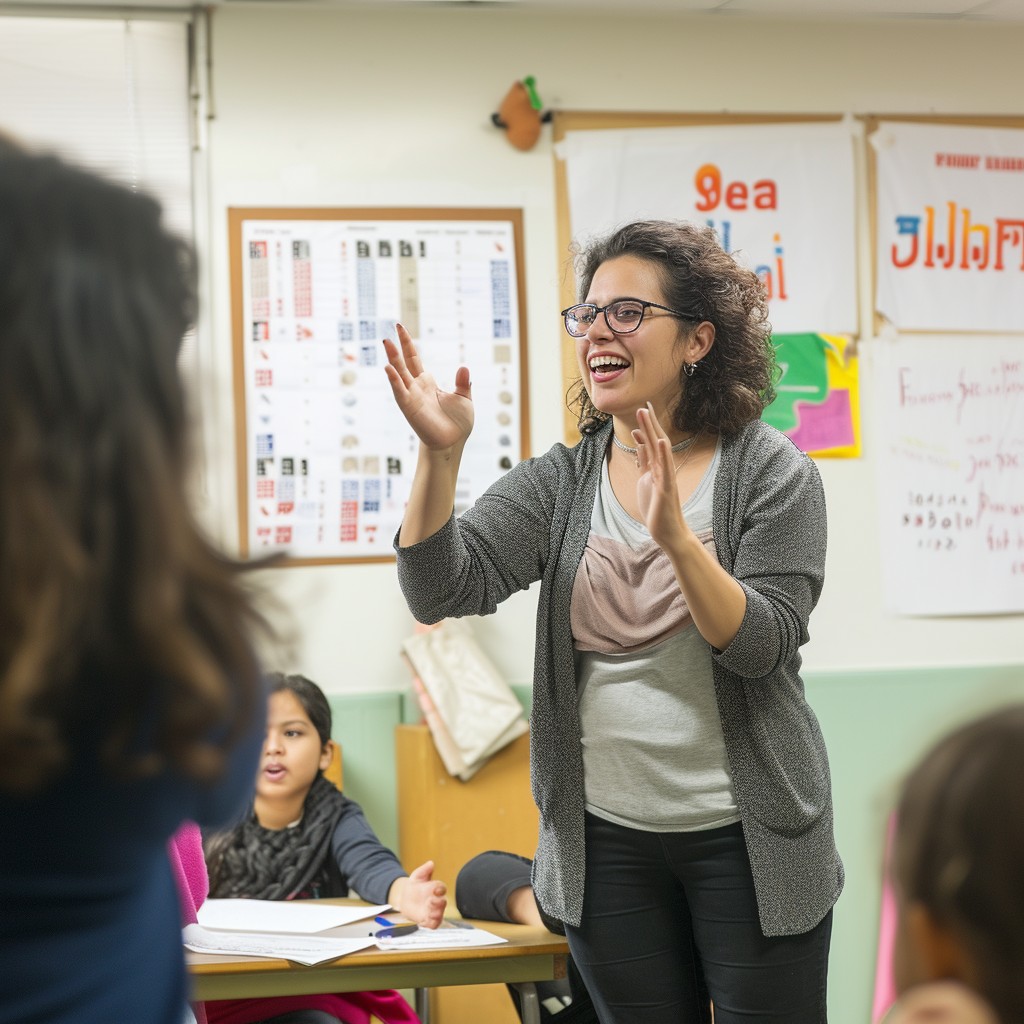Essential Phrases and Habits for Travelers and Language Learners
Essential Phrases and Habits for Travelers and Language Learners
Traveling to new places is exciting, but it can be challenging, especially when language barriers come into play. Learning essential travel phrases can help you communicate more effectively in common situations, from finding your way around to handling emergencies. At the same time, adopting certain language learning habits can accelerate your journey to fluency. This guide covers essential travel phrases and offers habits to develop for successful language learning.
Common Questions When Traveling
Being able to ask the right questions can greatly improve your travel experience. Here are some key phrases to use:
- Do you have any [dietary requirement] dishes?
If you have dietary needs, such as being vegetarian, vegan, or gluten-free, use phrases like, “Do you have any vegan dishes?” or “Do you have any gluten-free dishes?” You can replace the dietary requirement as needed.
- Could you take a picture of me, please?
When you want someone else to take a photo for you, simply ask, “Could you take a picture of me, please?” For added politeness, you could say, “Excuse me, would you mind taking a picture of me?”
- Is the Wi-Fi free?
When looking for an internet connection, ask if the Wi-Fi is free. If it is, you can follow up with, “Can I have the password, please?”
- I’d like to have a non-smoking seat, please.
If you’re dining in a restaurant with smoking and non-smoking sections, you can specify your preference by saying, “Non-smoking, please.”
- Could I get a map?
Whether you need a map of the city or the local transit system, simply ask, “Could I get a map?” This can help you navigate more easily.
- Could I have the check, please?
When you’re ready to pay at a restaurant, say, “Excuse me, could I have the check?” or “Check, please.” In some countries, you might also hear “bill” instead of “check.”
- Where is the bathroom?
In the U.S., people commonly use the terms “bathroom” or “restroom.” You could say, “Excuse me, can you tell me where the bathroom is?” or “I’m looking for the restroom.”
- Is this the train for [destination]?
To confirm if you’re on the correct train, ask, “Is this the train bound for [destination]?”
Emergency Phrases You Need to Know
In emergencies, knowing how to express your needs quickly and clearly is crucial. Here are some phrases that can help you in critical situations:
- Call the police, please.
Use this phrase if you need someone to contact the authorities, such as in case of an accident or if you’re lost.
- I’m allergic to [substance].
This phrase is vital if you have allergies, especially food or medicine-related ones. For example, “I’m allergic to wheat.”
- I lost my passport.
Losing your passport in a foreign country can be serious. If it happens, inform the authorities or contact your embassy to get a replacement. A good practice is to carry photocopies of your passport and keep the original in a safe place.
- I need a doctor.
If you’re not feeling well or think you may have eaten something bad, say, “I need a doctor.” This indicates that you require medical attention.
- I can’t find the way back to my hotel.
If you’re lost, you can ask someone for directions by saying, “I can’t find the way back to my hotel. Could you please give me directions?”
- Is there a pharmacy nearby?
Knowing the location of the nearest pharmacy can be helpful in case you need medicine or other health-related products.
- Can you help me?
Asking for help is a fundamental phrase. You can use it in various situations, from seeking directions to needing assistance in an emergency.
- I am lost.
This phrase can help you get directions or assistance when you’re unsure of your surroundings.
- I need an ambulance.
If you or someone else is in need of urgent medical assistance, use this phrase to request an emergency vehicle.
Habits of Successful Language Learners
Mastering a language requires more than just memorizing words and phrases. Here are four habits that can make your learning journey more effective:
- Optimize Your Time
Make use of small gaps in your day to study. Whether you’re commuting, on a lunch break, or exercising, you can fit in short lessons. Podcasts and other audio-based materials are great for learning on the go.
- Be Consistent with Your Learning Method
Stick to one method or course to avoid confusion and to make steady progress. Switching too frequently can disrupt your learning.
- Leverage Your Language Background
Take advantage of similarities between languages, such as cognates or shared grammar structures, to make learning easier.
- Study Continuously, Step by Step
Language learning is a marathon, not a sprint. Break down the process into manageable chunks and practice regularly. This approach prevents burnout and promotes steady progress.
Techniques for Practicing Speaking
Improving your speaking skills requires practice. Here are some strategies to help you sound more fluent:
- Shadowing
Repeat what you hear from audio lessons. This technique helps you mimic native pronunciation and rhythm.
- Read Out Loud
Read dialogues from your lessons out loud to practice speaking and reinforce vocabulary.
- Record and Compare Yourself
Use recording tools to compare your pronunciation with that of native speakers. Repeat this process until your pronunciation improves.
- Get Feedback
If you have access to a teacher or language exchange partner, ask for feedback on your speaking.
Conclusion
Whether you’re traveling or learning a new language, knowing the right phrases and developing good habits can significantly enhance your experience. Use this guide to prepare for your travels and to build a solid foundation for your language learning journey. Happy traveling and learning!



Leave a Reply